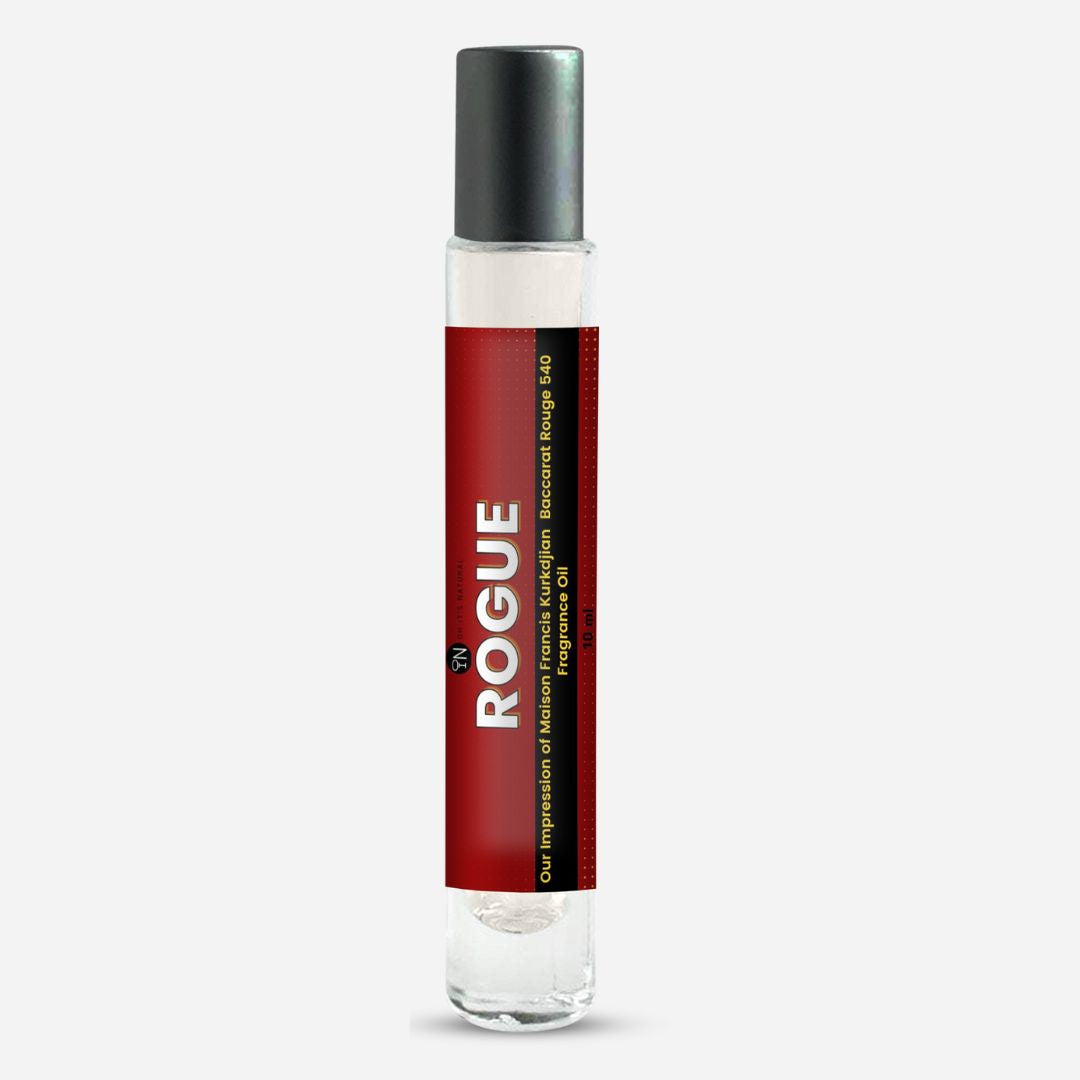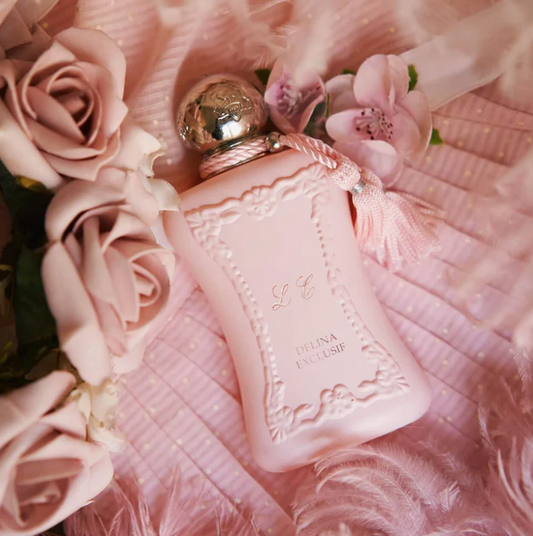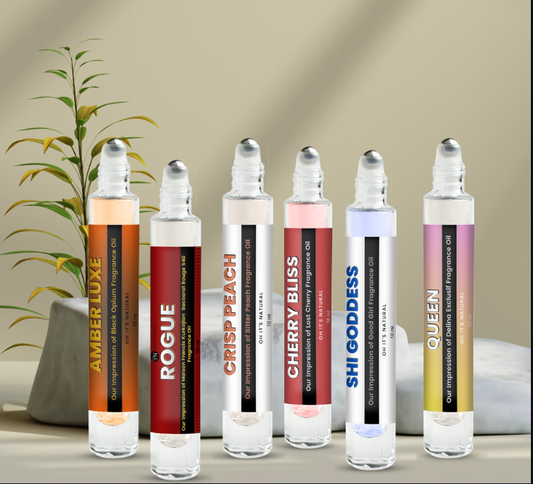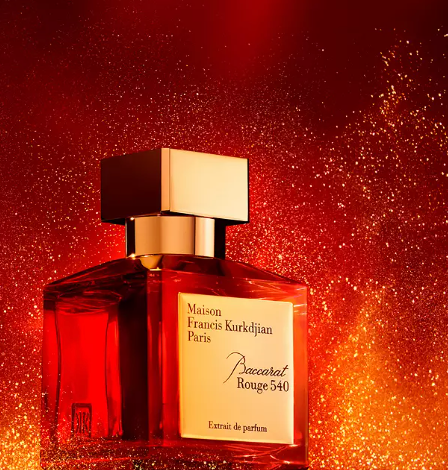Why You Should Switch to Natural Soap
As the largest organ in our body, our skin is the most exposed to harsh environmental elements. And as many studies have shown, it's easy for our skin to absorb toxic substances that come from our environment - which can then be transferred to our bloodstream. Scary, right?
This goes to show that if we use products that are made with synthetic formulations, it could do us more harm than good. So, I'm going to help you prevent just that by letting you in on the secrets of natural soap. Read on to get the scoop.
What is Natural Soap?
Natural soap is made using natural ingredients or organic ingredients. That means it won't include ingredients that are manipulated in a lab or are just not found in nature. Natural soaps are made when you add butter and plant-based oils - which are rich in nutrients and antioxidants that our skin needs to thrive.
Soap makers also add in other natural ingredients like essential oils and botanicals. Depending on the combination, natural bars of soap are best for those with sensitive skin or oily skin because they don't add in other nasty stuff such as fragrances, plastic embeds, and dyes. However, anyone can use these handmade bars regardless of skin type.
As such, compared to the many products made in labs, you'll find that a natural bar of soap is gentle and safe - not only for you but for the environment as well.
What are the benefits of switching to Natural Soap?
Rich in nutrients from pure essential oils
Natural bar soaps are made with organic ingredients that have anti-inflammatory and antibacterial properties, so they leave your skin clean and free from impurities. But aside from that, soap makers usually add pure essential oils that help with different problems like acne and large pores.
Intensely moisturizing
Moisture is one of the benefits you get from a natural soap bar. Soap that's commercially produced (the one you usually find on drugstore shelves) is typically very drying, and that's because these products are processed to remove the glycerin.
Glycerin is a common ingredient that's available in skin care products like creams and lotions, but you may not find it as much in soaps. Glycerin is a great moisturizer because it's a humectant, meaning it draws moisture from the environment to your skin.
And while you won't get it from those highly-processed commercial bars, cold-processed handmade soaps are rich in this ingredient so your skin feels soft and supple. If you try using a commercial bar and compare it with natural soap, you'll definitely feel the difference especially if you have dry skin.
pH Balanced
If you've been in the skin care world for a while, pH levels are something that is always talked about. Products with a pH level of less than 6 are considered acidic, while products that have a pH level of 8 and above is alkaline.
The pH level of a natural bar soap lands at around 9-10, meaning it's naturally alkaline - a.k.a good for our skin. And if there's coconut oil in the soap, that will add to the moisture factor as well. In my experience, natural soaps just has a more nourishing skin feeling to it compared to others.
If you do have sensitive skin, the pH level of natural soap will also help protect your skin's natural barrier. And as you probably know, a strong skin barrier will help prevent skin problems like acne and blackheads.
Spa-like Experience Every Time
Despite being free from artificial fragrances, the essential oils in a bar soap will give it that amazing scent. Speaking from my own experience, there's just this quality in the scent that makes me want to take a long shower.
And because the soap isn't made with synthetic fragrances, you don't have to worry about any toxic stuff getting absorbed in your skin. So it will smell good without the guilt!
No Chemicals
Compared to organic soap, antibacterial soaps usually add in lots of additives such as triclosan, sodium Laureth sulfate, and petrochemicals that can potentially harm our skin and body. Triclosan is a particularly hot topic in many products because it may actually disrupt human hormones and even cause damage to our reproductive system. But don't take my word for it, read how the Environmental Working Group has proven this fact.
Environment-Friendly
When you decide to add natural soap bars to your cart and order it online, do you know that you're actually doing Mother Earth a favor?
If you think about it, those over-the-counter soap bars that use toxic substances are processed in big factories. That means these substances flow into our oceans and rivers. So if you don't use this potentially harmful product, even if they're widely-available, you're supporting a cause to save our environment!
How to Make Natural Soap
Into soap-making? Read on to find out the basics of how to formulate this product.
Choosing the Base
The first thing you need to choose is the ingredient for the base. Some of the commonly available ones include certified organic olive oil, aloe vera, and castor oil.
The Process
Over the years, soap-makers have used different methods in their craft. Some of them include:
- Cold Process. This involves mixing the soap and oil mixture and then pouring it into insulated molds.
- Hot Process. Similar to the cold process, but you add in a step of heating the mixture to speed up the saponification process.
- Melt and Pour Method. Involves making soap without lye. You simply melt your soap base in a microwave, add certified essential oils to your product, and pour the soaps into silicone molds until they cool.
Common Ingredients Used In Natural Soap Products
Distilled Water
Distilled water activates the lye and makes sure it's distributed through the oils. However, most of the water evaporates as your soap is made so they become slightly smaller right out of the mold.
When formulating soap products, the amount of water used (as the soap recipe recommends) gives you about 33-38% lye concentration. You can surely have less water but it can speed up the trace time, making your product have a different shade than what you expect.
Lye/Sodium Hydroxide
Lye is one of the main ingredients used in soap, as soap making entails a chemical reaction between oil and lye. However, many makers don't like to use lye because it's also referred to as sodium hydroxide - which makes it off-putting.
Oil and Fats
- Coconut Oil. When you add this certified organic oil to your soap, it will help create that fluffy lather.
- Beeswax. It's a vegetarian product but not certified vegan. Only use a small amount of beeswax to add hardness and soft scents to your soap.
- Cocoa Butter. Also a common ingredient in many products, this leaves your skin moisturized and smooth.
- Shea Butter. This is more difficult to add to soap as it may stay as a superfat oil. However, it will help give a nice lather every time and make your soap more moisturizing too.
Soap Scent
Depending on the soap maker, some would like to keep the natural scents of handmade soap to keep things simple. After all, we understand the hype behind certified fragrance-free products. However, using ingredients like sesame or beeswax will add in a soft scent that's certified to make you want to spend more time in the shower.
But if you really want your soaps to have a natural fragrance, an essential oil or two will do the trick.
Final Words
Switching to natural soaps has a lot of benefits, not just for you but for the environment, too. You have a lot of options as well when it comes to handmade soap. You can choose something with natural fragrances if the soap has sesame or beeswax, or you can opt for soap scent through fragrance oils and essential oils. It will really depend on what you want, but I recommend having certified organic ingredients on there to make sure it's safe all the time.






